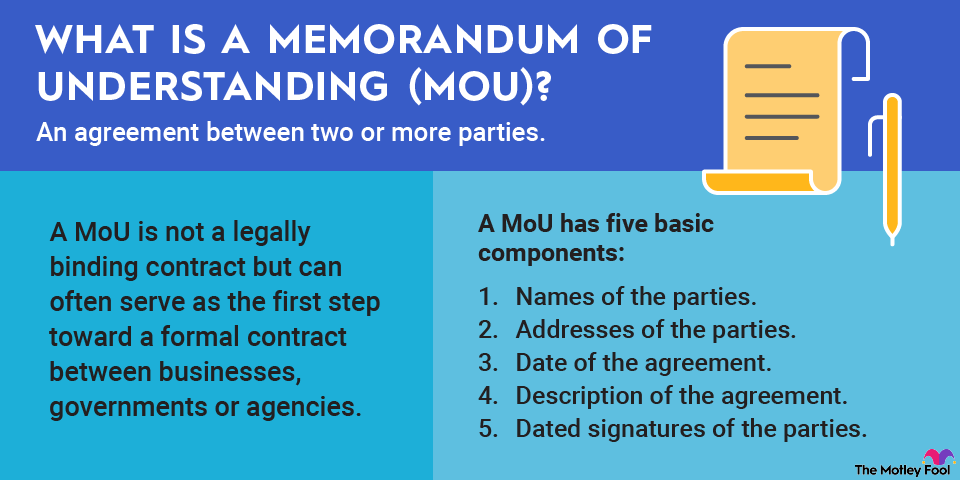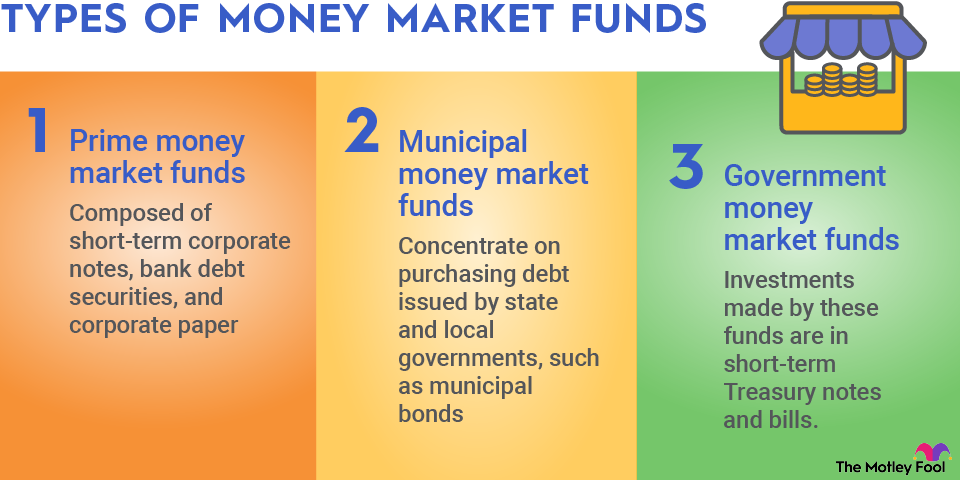If you can't afford to pay for healthcare, you may qualify for Medicaid. Medicaid is a public health insurance program for individuals and families with low incomes that's jointly financed by the federal government and states. In this article, you'll learn how Medicaid works, who qualifies, and what services are covered.

What is Medicaid?
Medicaid is a public health insurance program that provides free or low-cost healthcare that's funded by both the federal government and states. Established in 1965, Medicaid provides healthcare for about one in five people in the U.S.
The federal government sets broad guidelines for Medicaid, but each state operates its own program. That's why Medicaid eligibility and benefits vary significantly depending on the state.
Some examples of services that Medicaid is required to cover include:
- Inpatient and outpatient hospital services.
- Nursing facility care.
- Home health services.
- Physician services.
- Rural health clinic services.
- Laboratory and X-ray services.
- Family planning services.
- Nurse midwife services.
- Certified Pediatric and family nurse practitioner services.
- Transportation to medical care.
States have the option of covering additional services, like prescription drugs, dental care, physical and occupational therapy, and eyeglasses.
Who's eligible for Medicaid?
To receive federal funding for Medicaid, states must cover certain "mandatory" populations, including:
- Children 18 and younger in families whose modified adjusted gross income (MAGI) is below 138% of the federal poverty line. For a family of three in 2023, that translates to an income of $34,307 or less in all states other than Alaska and Hawaii.
- People who are pregnant whose income is below 138% of the federal poverty line. In 2023, a single person meets this requirement if their income is $20,120 or less in all states except for Alaska and Hawaii.
- Some parents and caregivers with low incomes.
- Most seniors and people with disabilities receiving Supplemental Security Income (SSI) cash assistance.
To qualify for Medicaid, you also need to be a resident of the state where you apply. Generally, coverage is only available to U.S. citizens or qualifying noncitizens.
Most states also have limits on what are called countable assets, i.e., money in checking and savings accounts, certificates of deposits (CDs), and investment accounts, for people who need Medicaid to cover long-term care. Often, countable assets can't exceed $2,000 for a single person or $3,000 for a married couple. Depending on the state, retirement accounts may or may not be considered countable assets, but even when they don't count toward the asset limit, distributions can push you over Medicaid's income limits. Usually, home equity in a primary residence, your primary vehicle, and some personal property is off-limits, though.
Medicaid's asset limits are essential to consider in financial planning, as we'll discuss in the next two sections. That's because Medicaid foots the bill for roughly 62% of long-term care in the U.S.
Last Will and Testament
Medicaid vs. Medicare
Medicaid and Medicare are both public health insurance programs. Both pay for many of the same services, including inpatient and outpatient care, doctor visits, and lab tests. The key difference is that Medicaid is only available to people with low incomes and few assets; Medicare is available to almost all Americans once they turn 65 or have been on Social Security Disability Insurance (SSDI) for two years.
Also, Medicare is a federal program that's funded through payroll taxes. Medicaid is a program that's operated by states, although states and the federal government share the costs.
About 12 million people qualify for both Medicaid and Medicare. For these "dual eligibles," Medicare pays for covered services first, and Medicaid fills in the gaps. For example, Medicaid often helps with Medicare Part A and B deductibles and provides assistance with Part D prescription drug premiums.
One of the biggest differences between what the two programs cover is that Medicare will only pay for short-term stays in a nursing facility. People who don't have long-term care insurance or receive VA benefits will often have to deplete their assets by paying out of pocket for long-term care until they become eligible for Medicare.
Related investing topics
Example of Medicaid planning
There's a high likelihood that Medicaid will eventually become necessary when someone needs long-term care. That's why some elder care attorneys offer Medicaid financial planning, which can help people qualify for coverage without spending down all their resources.
Medicaid planning can be extraordinarily complex and requires an attorney who's familiar with state regulations. Simply transferring assets to someone else isn't an option since Medicaid has what's known as a five-year look-back period. Medicaid will scrutinize any transfers, sales of property for less than fair market value, and gifts made in the five years before someone applies for coverage. If Medicaid finds that the rule has been violated, it could result in a penalty period of ineligibility.
One common technique Medicaid planning technique that's used to protect a married couple's assets when one spouse is healthy but the other needs long-term care is called a Medicaid-compliant trust. Medicaid considers the income of the spouse who's applying for coverage, but the other spouse's income is off-limits. A Medicaid-compliant trust converts the couple's countable assets into a stream of income for the healthy spouse.
It's essential that you choose an annuity that's Medicaid-compliant if you're using this strategy. Of course, working with a knowledgeable attorney is a must in this case, given the complexities of navigating Medicaid's rules.


















